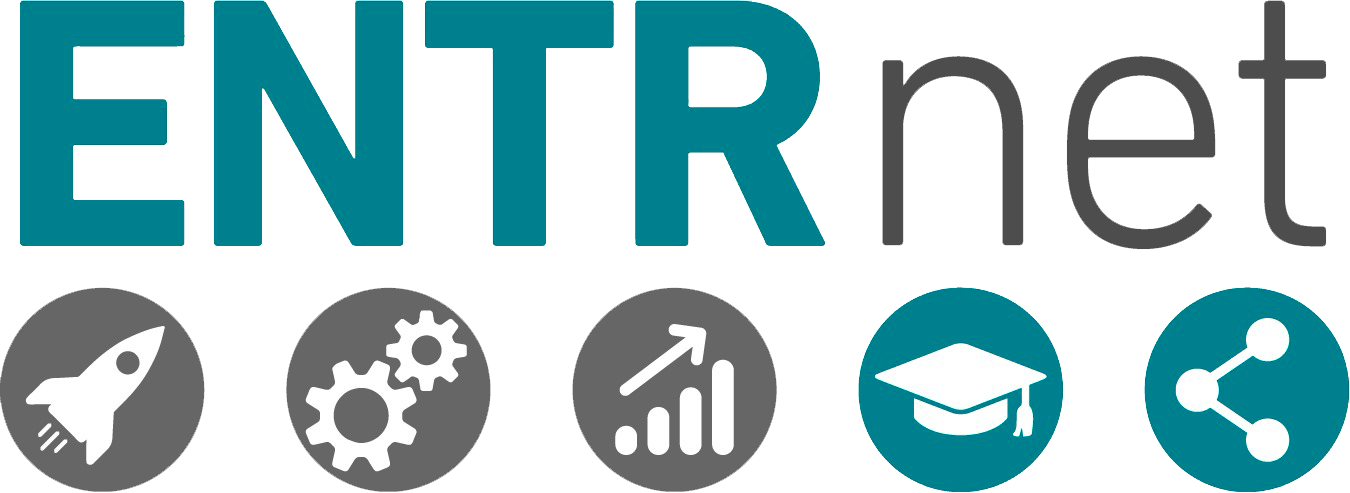Policy on adult learning
Specific Dimensions
Learners’ disposition to learn
Adult learners are successful when they assume responsibility & take ownership of their learning processes. OECD research shows that adult learners are challenged by shortage of time, both in the professional and personal respect. Making the training flexible, as well as engaging, via experiential learning, gamification or challenge-based activities may increase educational success and completion rates.
Employers’ investment in learning
Investing in adult learning ensures a number of strategic benefits, for the individuals, for the organisations, and for the society in general. Main benefits for individuals include increase of employability, with positive monetary effects, mental and physical well-being, self-confidence and self-esteem and empathy, which entails a better and more proactive attitude towards the society.
Equity of access for all
The EU education policy is key in setting a framework for educational equity and standards, in terms of participation levels, as engaging in adult learning is a fundamental pillar for our society. Often, inequalities in the adult education are interconnected with inequalities experienced earlier in life. Public administration as well as workplaces are key in contributing to reduce or increase equal access to adult education.
Employers' and learners' needs
The skills needed in the labour market are subject to change rapidly, thus adults are expected to engage in lifelong learning, to undertake up-skilling and re-skilling pathways. In order to ensure consistency of adult learning provisions with the actual needs of employers and adults, appropriate quality assurance mechanisms are required.
High quality adult learning
The first principle of the European Pillar of Social Rights is the right to quality and inclusive education, training and lifelong learning. How can we make high-quality adult learning available to everyone? The recent recommendation on Individual Learning Accounts provides a framework for inclusive and quality education for all.
Effective adult learning policy
Effective adult learning policy requires are number of measures which include a long-term commitment from all stakeholders and appropriate funding. Furthermore, effective governance shall put in place to attract and retain contributions and cooperation among main stakeholders, such as ministries, employers, employment services, trade unions, and adult training providers.


